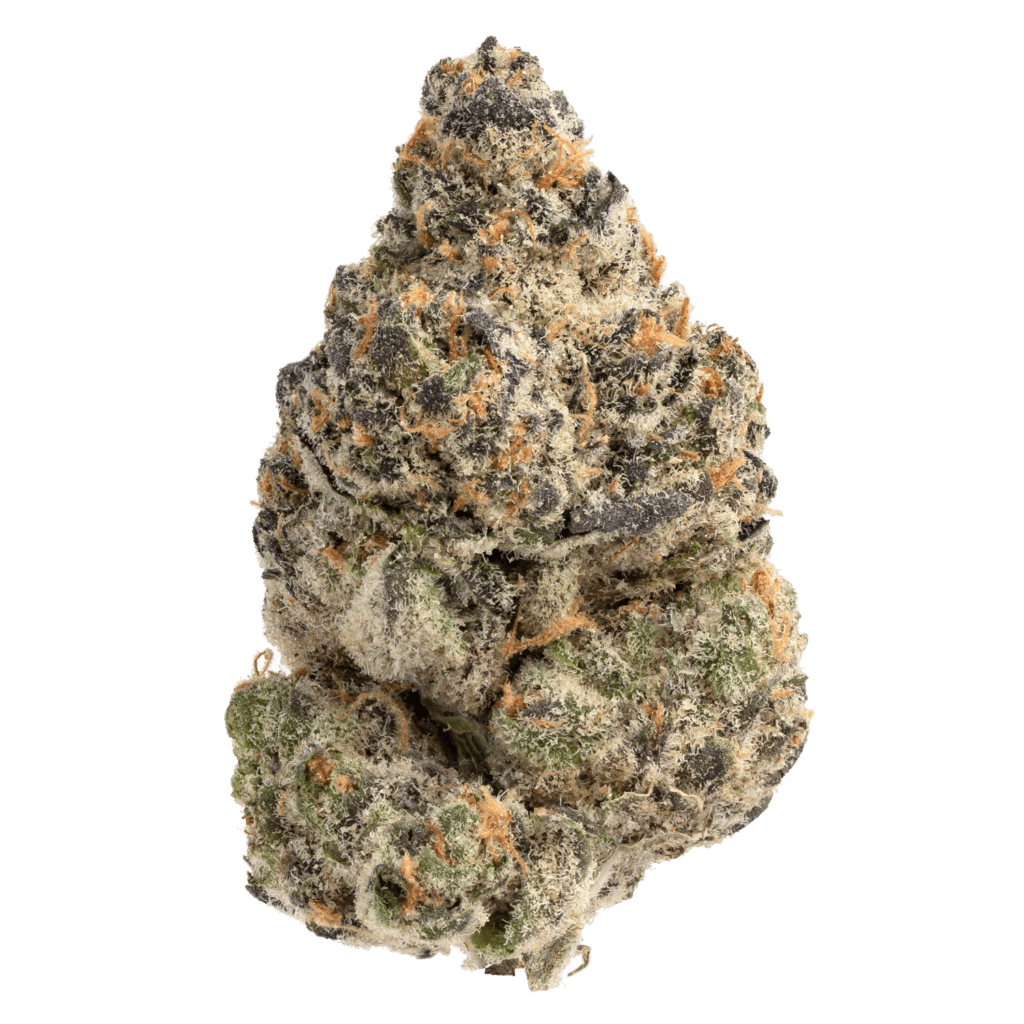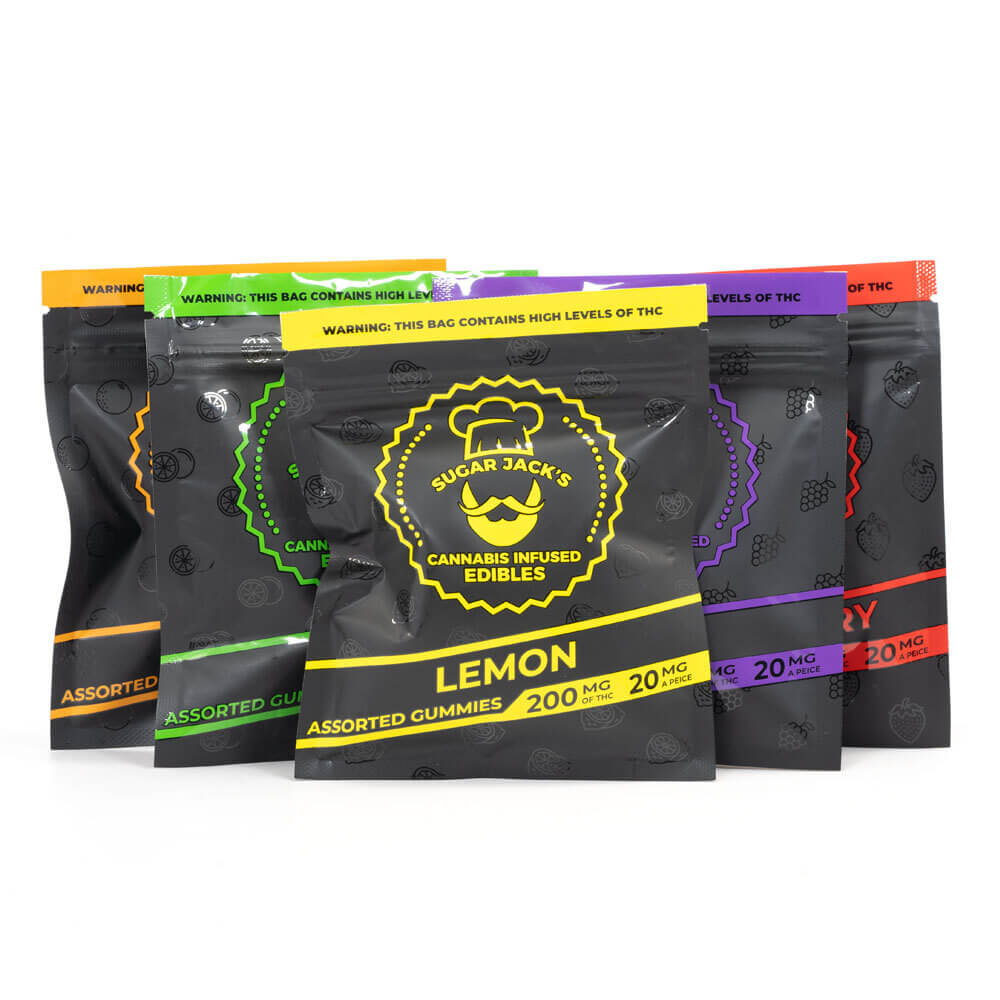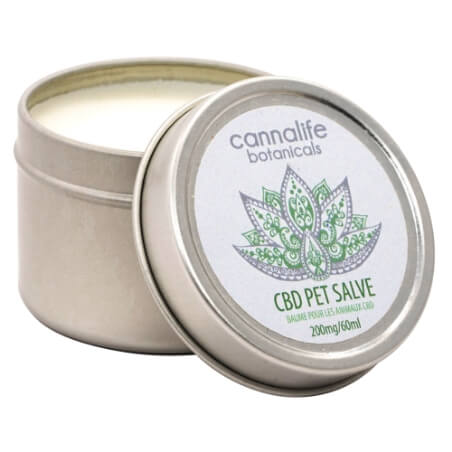No products in the cart.
THCV – A Can’t-Miss Cannabinoid
10 Dec 2020

Marijuana’s link with humanity was established centuries ago, with people taking advantage of beneficial cannabinoids, including THC and CBD, as well as the less familiar THCV for many purposes.
The entire cannabis plant has been used by humans as a steady food source through its seeds, a reliable crafting material through its hemp fibres, and, of course, as a well-known therapeutic agent thanks to its psychoactive and physical effects.
It’s basically the Swiss Army Knife of the plant world.
Today, cannabis is becoming a popular topic of discussion, not just for those invested in their wellbeing or looking to indulge in some recreational icky sticky, but also for medical professionals and research teams worldwide. That said, there is still a lot to be understood regarding the compounds of the plant itself.
Tetrahydrocannabivarin (THCV), often referred to as the “sportscar” of cannabinoids, is a long-forgotten close relative to both THC and CBD. It’s kind of like the forgotten middle child that has a lot of talents in its own right but is outshined by their more popular older brother and sister.
However, while its name implies that it shares similarities to THC, that’s not necessarily the case.
As research starts to shed new light on the mechanisms behind each of the different phytocannabinoids found in cannabis, we’re quickly starting to realize that their effects differ greatly from one another.
If this is the first time you’ve ever heard of THCV, no need to worry, you’re not the only one.
This minor cannabinoid is mostly invisible in the eyes of many, while the all-stars like THC and CBD take the limelight. However, the tides are slowly starting to change. With new evidence suggesting a strong therapeutic potential in THCV, this minor cannabinoid is gradually gaining traction among cannabis enthusiasts and wellness advocates alike.
So what is THCV, and how does it compare to the other cannabinoids currently dominating the market?
Keep on reading to find out what this cannabinoid’s benefits are, how to get your hands on it, and more importantly, what it can do for you. Today, it’s THCV’s time to shine.
What Is THCV – Tetrahydrocannabivarin?

Although it is nearly identical to THC in molecular structure, THCV, also known as Tetrahydrocannabivarin, contains two additional carbon particles. As well, THCV actually produces effects more similar to CBD than THC.
THCV is also unique in that it is mostly non-psychoactive, except when taken in large quantities. Interestingly enough, THCV binds to our CB1 receptors to produce its effects and acts as a CB1 antagonist when taken in small doses. However, it quickly switches to a CB1 agonist when taken in larger doses.
The main noticeable difference in the effects between THCV and THC is in the psychoactive effects themselves. While THC is typically known to produce a more relaxing, body-numbing effect, ideal for sedation and total relaxation, THCV takes the other route.
A THCV high is characterized as mainly cerebral, producing an energetic and focused experience that is known to stimulate the mind rather than relax it. What’s more, those who have tried THCV report a heightened sense of euphoria and a rush of energy, a stark contrast to the stereotypical stoner high.
Perhaps unsurprisingly, THCV is present in specific weed strains, primarily Sativa-dominant strains.
Medicinal Benefits of Tetrahydrocannabivarin
Although THCV research is still relatively new, there is some evidence to support its potential benefits.
Some of the most promising benefits of this minor cannabinoid include:
THCV May Help With Weight Loss
Who would have thought that cannabis could be an effective remedy for weight control? It may come as a surprise for many, but THCV is known to modulate our CB receptors in a way that produces inverse effects in regards to hunger and appetite when compared to THC.
In other words, instead of giving you a mad case of the munchies, it serves to curb and suppress your appetite.
Rather than triggering an unrelenting junk food binge, THCV works to control hunger in a way that simultaneously enhances the flavour and texture of food. Essentially, you’ll get more bang for your buck, you’ll enjoy the taste and texture of your food more, and in turn, you’ll eat less of it.
Reduces Anxiety

Thanks to its similarities to CBD, THCV effectively fights against anxiety. While it’s commonly known that THC also possesses anxiety-reducing effects, they can sometimes spiral out of control and lead to paranoia if taken above a certain limit.
As for THCV, the dosage amount will not produce the adverse effects that THC might. What’s more, is that THCV is also known to enhance and diminish certain aspects of THC.
In this way, when the two cannabinoids are taken in tandem, they work synergistically with one another to produce amazing results.
THCV May Offer Protection Against Diabetes
Along with THCV’s ability to reduce appetite, the cannabinoids may also be a potentially powerful agent in fighting against diabetes and obesity. A study published in 2013 found that THCV positively impacted insulin resistance and fasting insulin levels.
This basically allows for cells to absorb nutrients (glucose) easier without much resistance. As a result, the increase in sensitivity reduces blood sugar levels and allows for more efficient nutrition partitioning by the body.
Bone Growth and Protection
The human body is lined with endocannabinoid receptors, even our skeletal systems. THCV is known to bind to the body’s skeletal receptors and stimulate as well as reinforce bone growth.
That said, poor bone health and low bone density are known to lead to osteoporosis, which can be prevented with the right proactive approach.
THCV is Loaded with Antioxidants
THCV also possesses antioxidative properties. The cannabinoid is able to modulate the CB2 receptors while blocking the CB1 receptors when taken in small doses.
Due to these properties, THCV shows promise for aiding to delay the symptoms and progression of diseases such as Parkinson’s, although more research is required.
Strains with High THCV Content
High THCV strains may be a bit more elusive than THC or CBD, but that makes it all the more rewarding when you can find it.
To help save you the time from perusing the web for THCV strains, we’ve compiled a list of some of the best THCV strains available today:
- Red Congolese – A Sativa landrace hybrid strain known for its bold cerebral buzz, Red Congolese is a top tier THCV strain. It is widely appreciated for its energizing and creativity-enhancing effects.
- Durban Poison – A Sativa that is renowned for its energizing effects, Durban Poison is a great wake and bake strain for just about anyone who enjoys cannabis. It quickly launches users out of their tired funk and projects them into a full-on productivity mode.
- Power Plant – A Sativa originating in South Africa, Power Plant is a potent Sativa that is great for stimulating creativity. With a sharp yet invigorating peppery taste, this THCV strain is ideal for those looking to clear up their brain fog and get down to business.
- Jack the Ripper – A legendary Sativa strain that has been a cult favourite among many cannabis enthusiasts. Jack The Ripper boasts one of the highest levels of THCV currently available. The effects are intense and potentially visually stimulating, leading to feelings of being uplifted, energized, and euphoric.
- Pineapple Purps – A super Sativa with a consistently high THCV content. It is highly psychoactive and energetic, leading users to feel uplifted. Unfortunately, Pineapple Purps is a relatively rare strain. If you get the opportunity to try this one, jump on it.
THCV – Noteworthy in its Own Right
Like anything else in life, cannabis can be used for either good or bad. When taken too far, cannabis can send us on a spiral down a path of paranoia, munchies, and, unfortunately, sometimes green out.
However, when used responsibly and with the proper knowledge, weed can be repurposed for various uses. While high THCV strains may be a bit harder to come by, they are definitely worth the search, with benefits including weight loss, anxiety relief, stopping panic attacks, stress reduction, and even the prevention of Type 2 Diabetes or neurodegenerative disease.
For more information on weed and to purchase from Canada’s broadest selection, visit our shop.
And follow our news page for the latest cannabis news and guides.
Happy toking!






